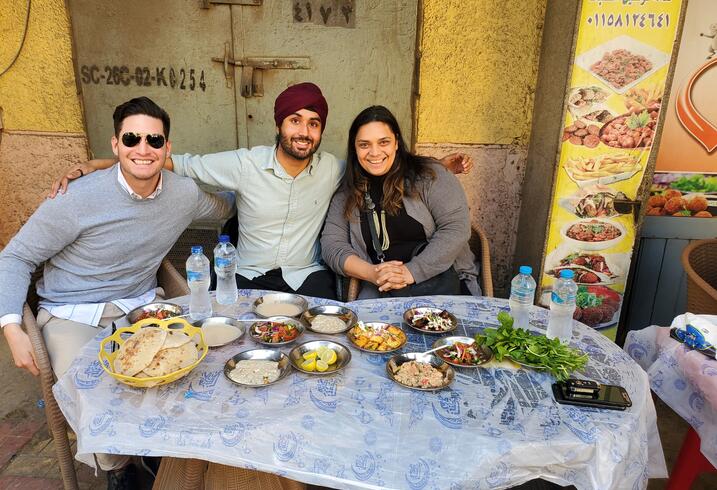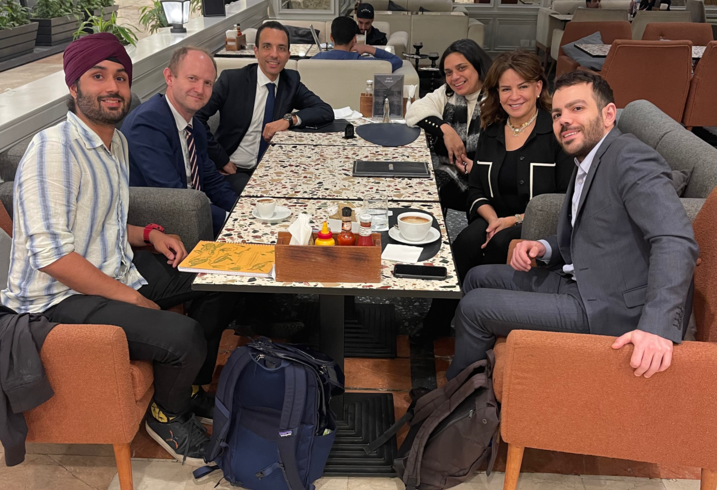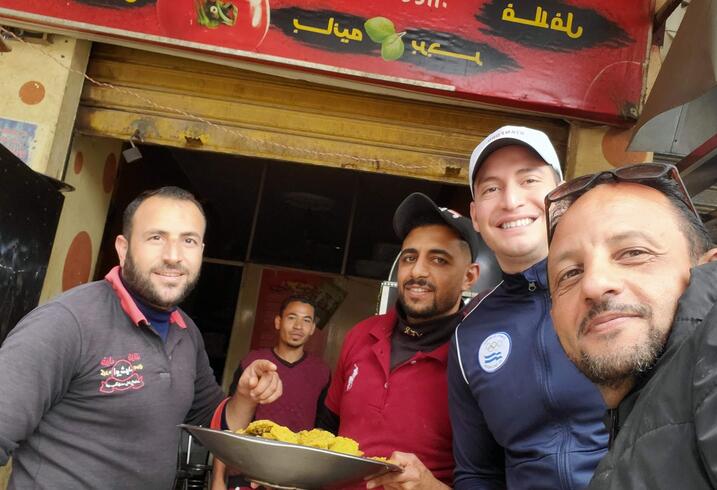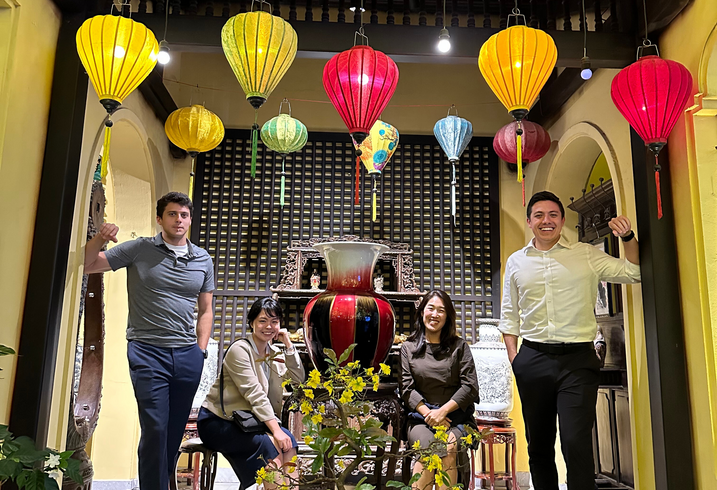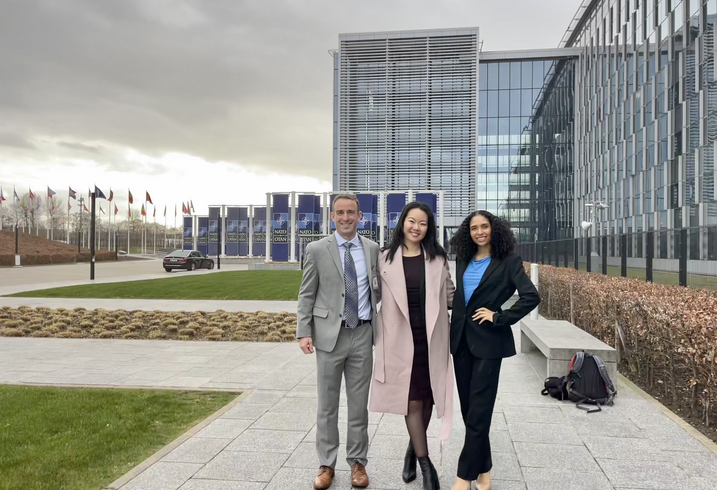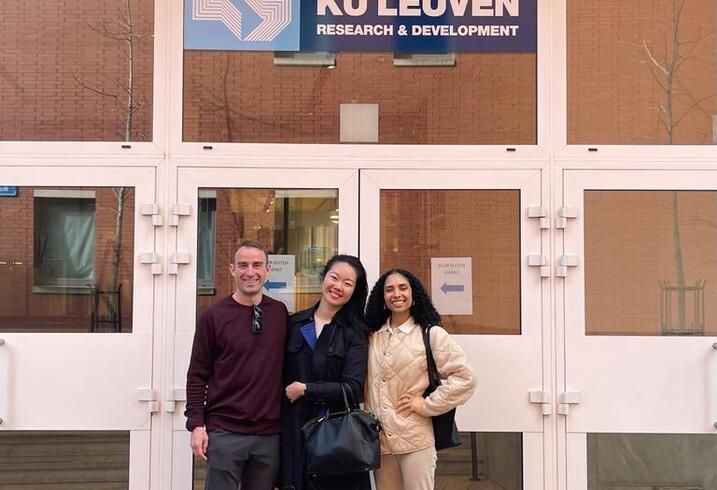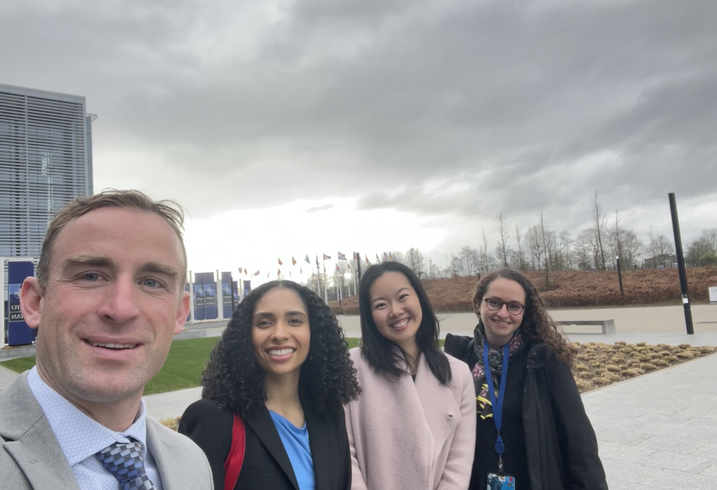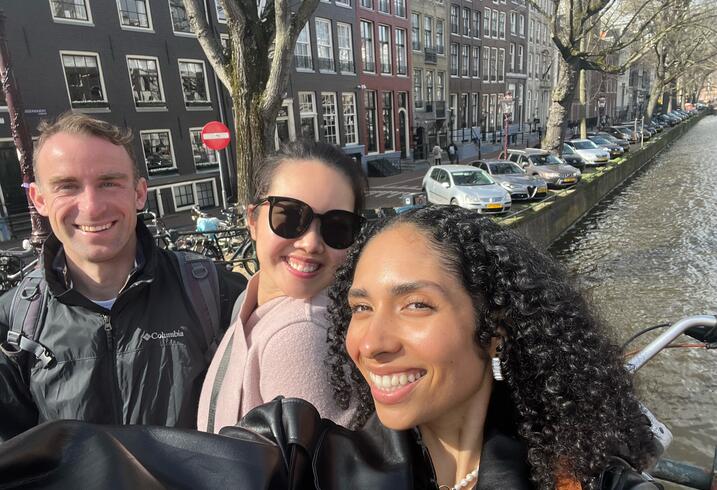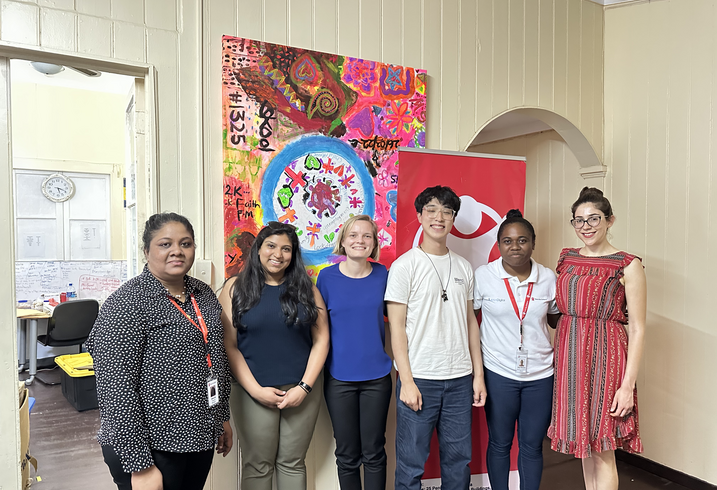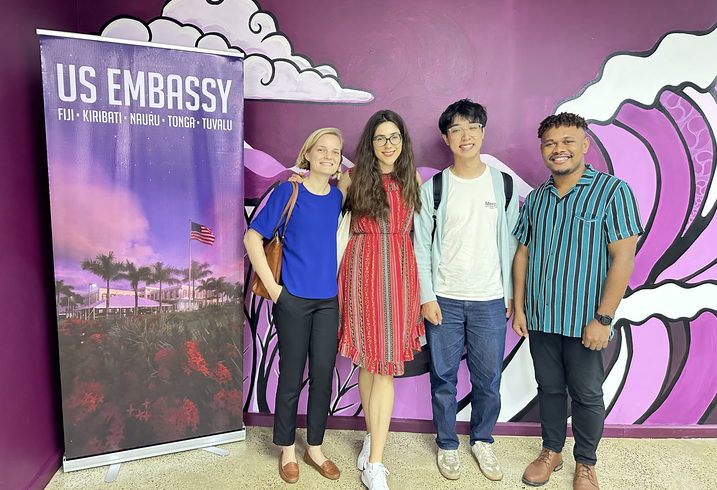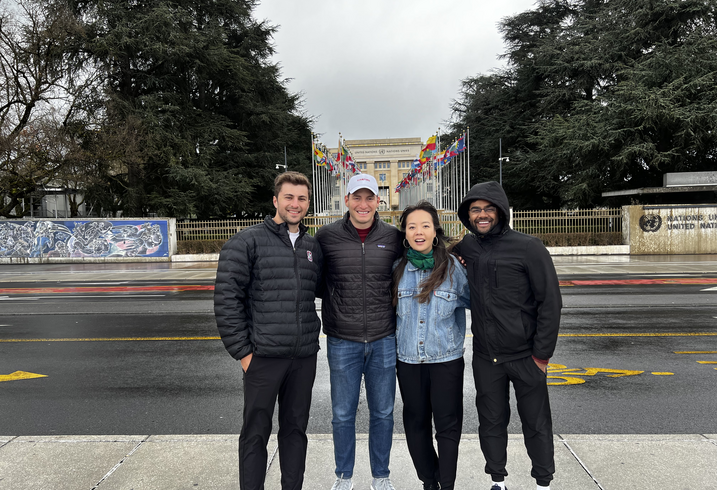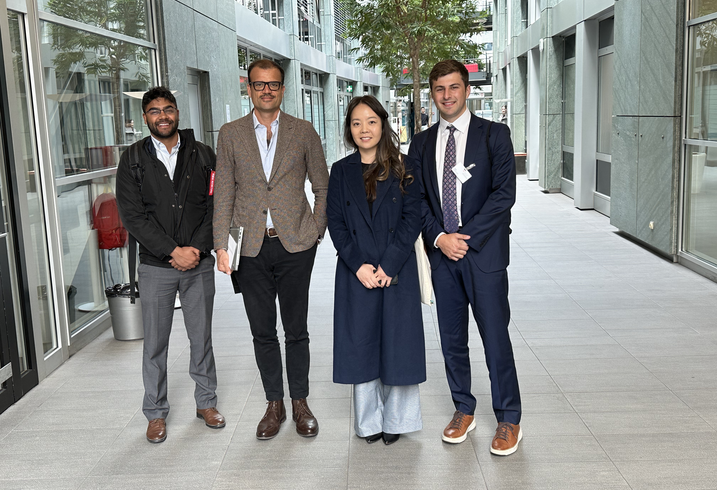Impacts of Ethics Training on Police Officers in Ghana
Public sectors that are plagued by corruption and poor performance hinder the development of low-income countries. Populations globally tend to perceive the police as the most corrupt sector of government, partly due to their frequent interactions with citizens. Only once corruption is reduced can trust in institutions be restored, enabling the development of countries.
Therefore, Associate Professor Danila Serra at Texas A&M University and her collaborators decided to investigate whether a training program could incentivize traffic officers to behave more ethically. Their study, presented by Serra at a recent CDDRL seminar, was conducted in Ghana, where almost 60% of people perceive the police as corrupt.
The program, titled “Proud to Belong,” focused on creating a new group identity of officers as ‘agents of change.' It also prompted the officers to focus on their original reasons for joining the police, rebuilding their intrinsic motivations to ultimately reduce their participation in corruption. The training was implemented through a randomized control trial in randomly selected traffic police districts in the Greater Accra Region.
The researchers first measured the program’s effectiveness through an incentivized cheating game played by officers both prior to the training and 20 months afterward. The study found a significant reduction in the unethical behavior of officers playing the game, indicating that the program successfully strengthened their values.
To understand whether these impacts extend to field behavior, Serra and her team measured police field activity in the months before and after the program’s implementation. They analyzed administrative data such as the number of drivers sent to court, those required to pay a fine, and the fine amounts. The team hypothesized that if bribes were acting as substitutes for formal law enforcement, an increase in field activity would indicate a decline in officer corruption.
This data demonstrated that the program had a significant positive impact on officer behavior, but only during the first 3 months post-training. To reconcile the limits of this short-term impact with the long-term benefits implied by the cheating game, researchers determined that this may be because of the need for reinforcements following the program. For example, an award ceremony honoring the officers’ participation in the program, 9 months post-training, revived the positive impact on field behavior. Evidence also suggests that, 20 months after the training, low-rank officers in treatment districts were less likely to have been promoted, hinting at structural problems preventing the end of corruption.
The program designed by Serra and her collaborators demonstrates that it is possible to encourage more ethical behavior among bureaucrats through targeted training, offering a promising tool for reducing corruption. However, sustained training, ongoing reinforcement, and support from higher-ranking officers are necessary to maintain these behavioral changes and ensure lasting impact.
Read More
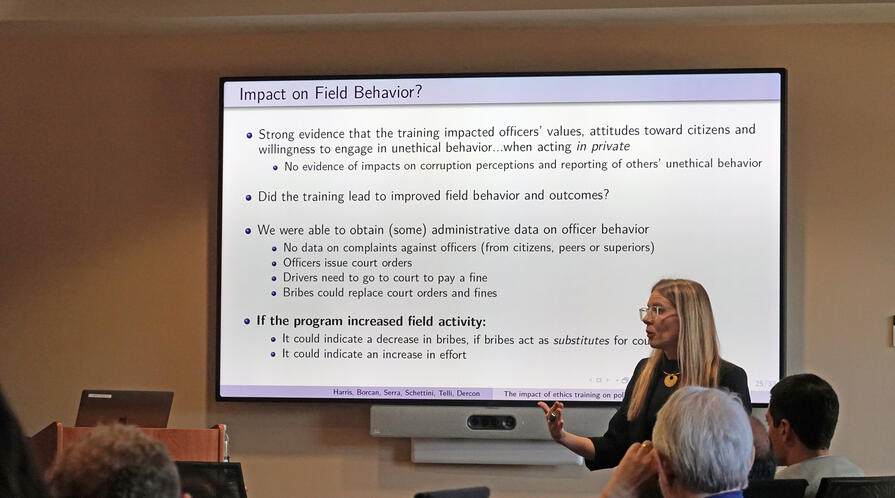
Associate Professor at Texas A&M University Danila Serra’s field research on the impacts of police ethics training provides hope for reducing corruption and restoring public faith in state institutions.




![[Left to right]: Emerson Johnston, Tiffany Saade, Chan Leem](https://fsi9-prod.s3.us-west-1.amazonaws.com/s3fs-public/styles/727x409/public/2025-03/cybernetica.jpg?h=71976bb4&itok=f3lwJ11Y)
![[Left to right]: Julia Ilhardt, Serena Rivera-Korver, Johanna von der Leyen, and Michael Alisky](https://fsi9-prod.s3.us-west-1.amazonaws.com/s3fs-public/styles/727x409/public/2025-03/gerhub.jpg?h=71976bb4&itok=ncTsPzeE)
![[Left to right]: Euysun Hwang, Sakeena Razick, Leticia Lie, and Julie Tamura](https://fsi9-prod.s3.us-west-1.amazonaws.com/s3fs-public/styles/727x409/public/2025-03/disinfo_ghana.jpg?h=71976bb4&itok=m0iXK4Et)
![[Left to right]: Samara Nassor, Gustavs Zilgalvis, and Helen Phillips](https://fsi9-prod.s3.us-west-1.amazonaws.com/s3fs-public/styles/727x409/public/2025-03/aus_space.jpg?h=0d03432e&itok=CHIkKqEP)
![[Left to right]: Sandeep Abraham, Sabina Nong, Kevin Klyman, and Emily Capstick](https://fsi9-prod.s3.us-west-1.amazonaws.com/s3fs-public/styles/727x409/public/2025-03/digital_futures_lab.jpg?h=71976bb4&itok=irALsTsT)
![[Left to right]: Alex Bue, Rachel Desch, and Marco Baeza](https://fsi9-prod.s3.us-west-1.amazonaws.com/s3fs-public/styles/727x409/public/2025-03/cdd_ghana.jpg?h=71976bb4&itok=zmf6_ARg)























































































